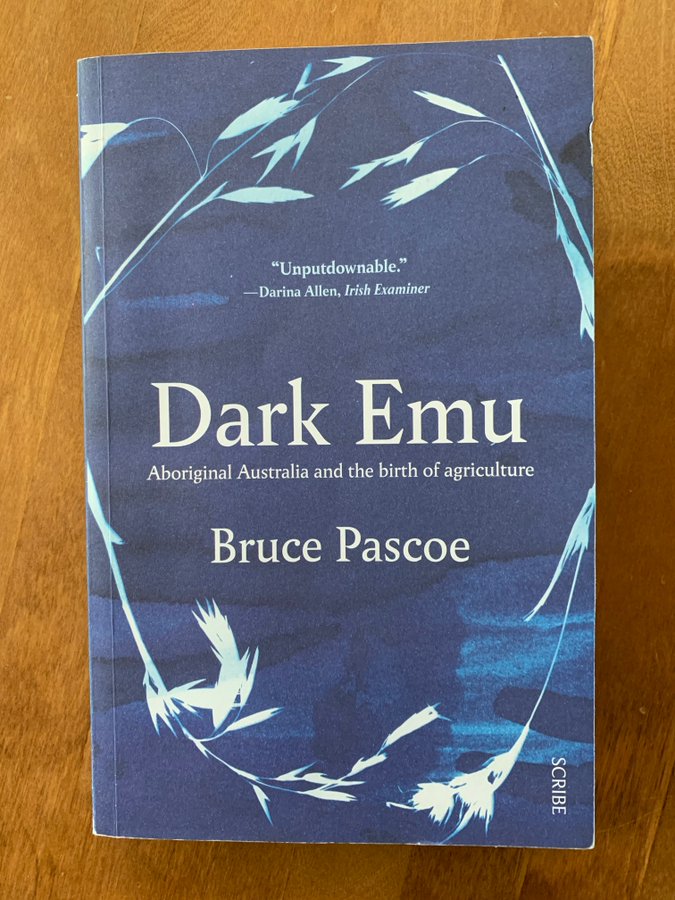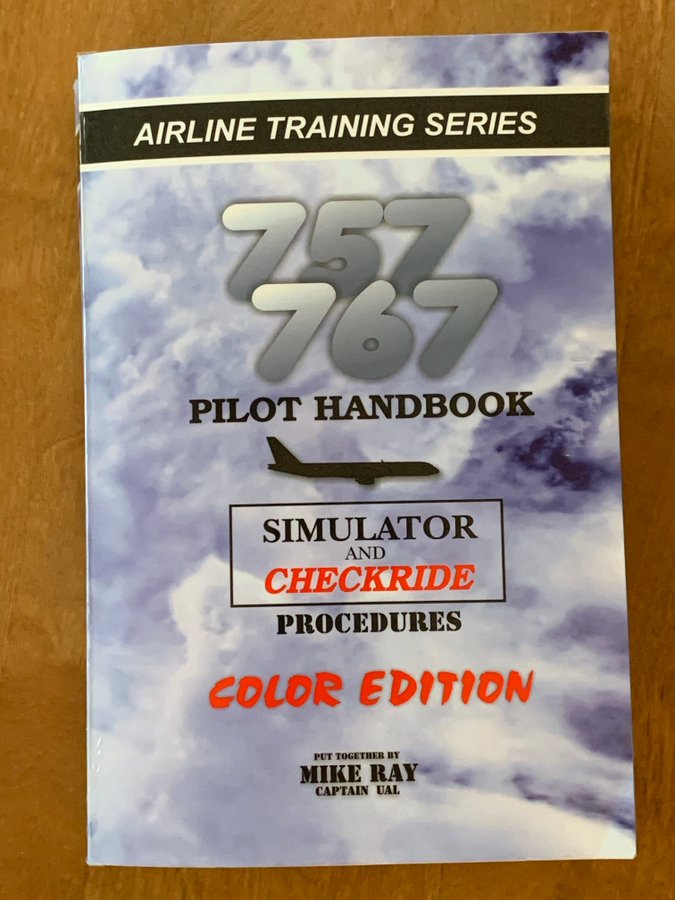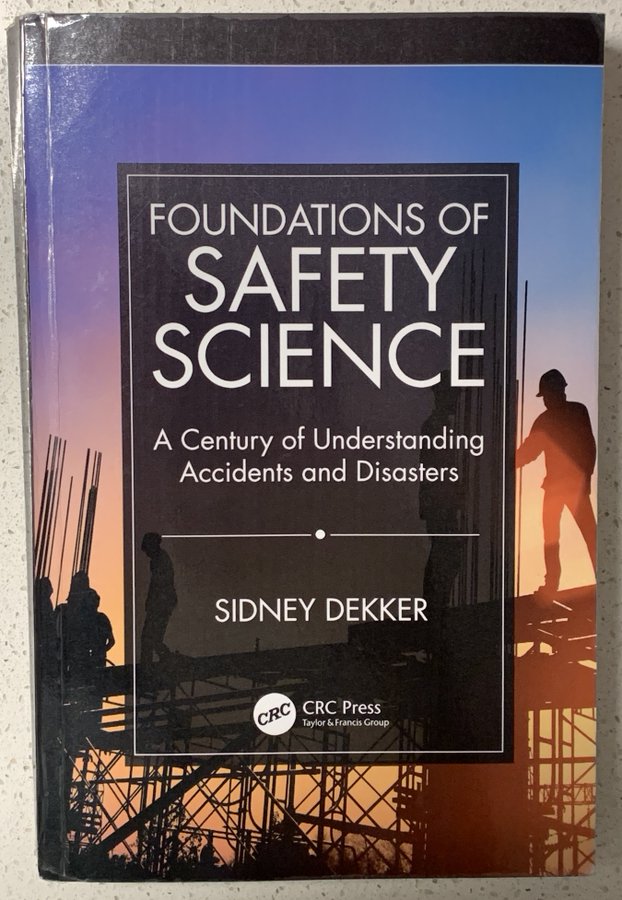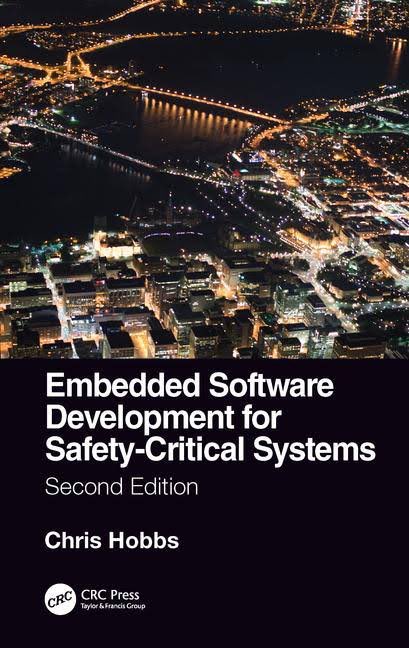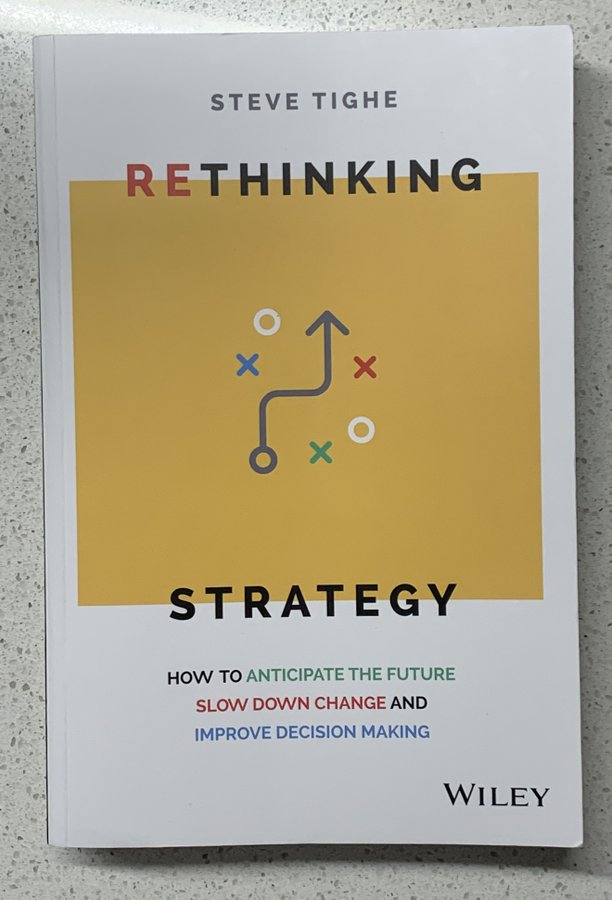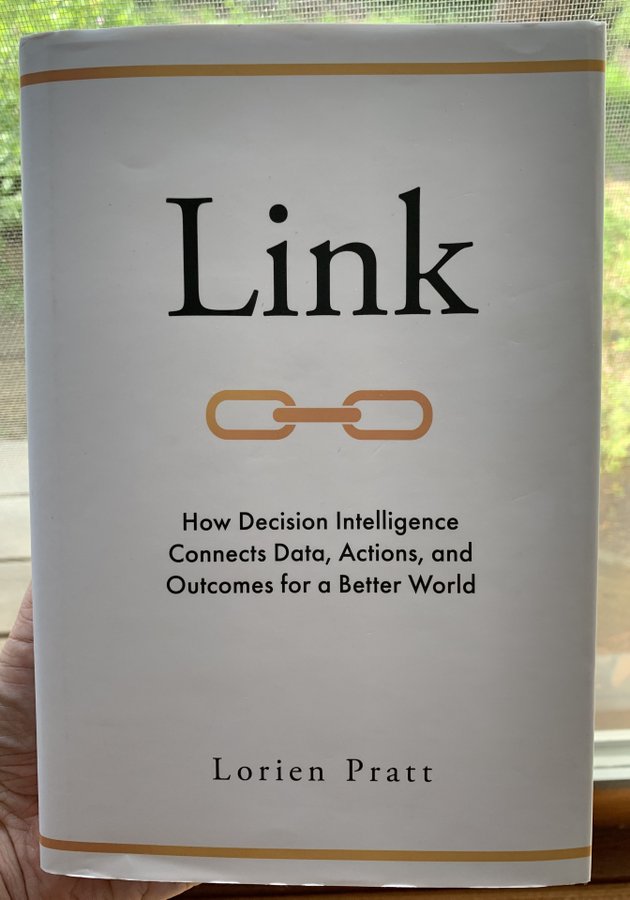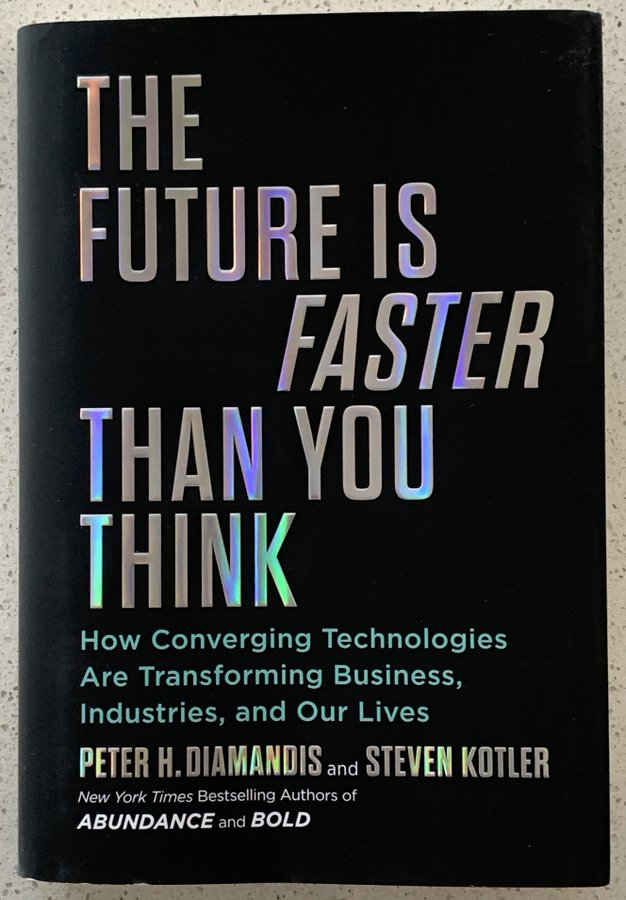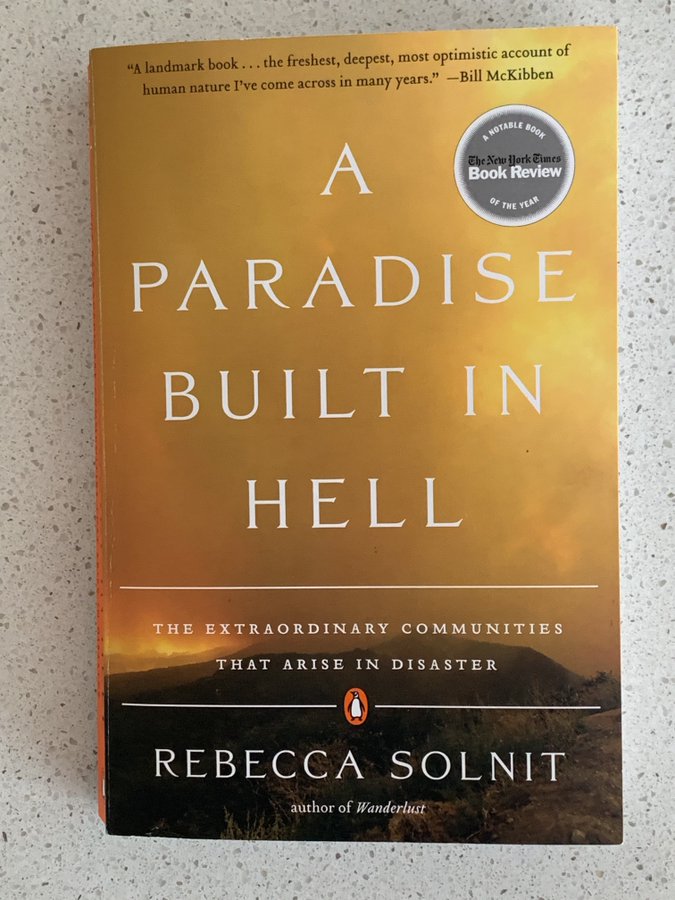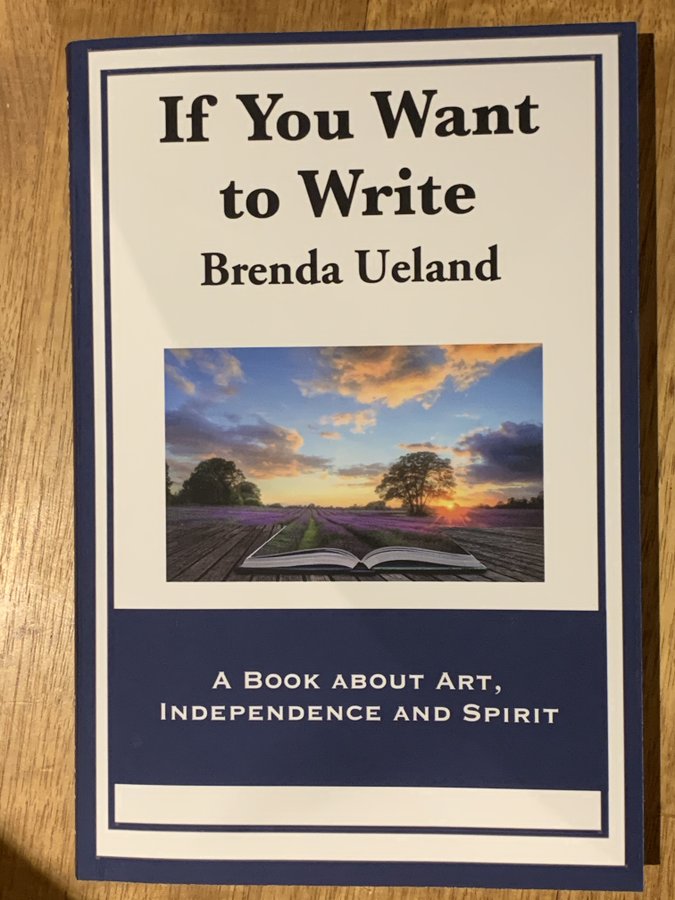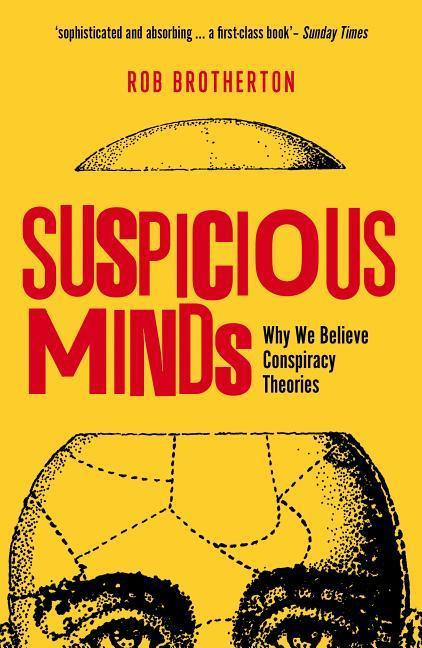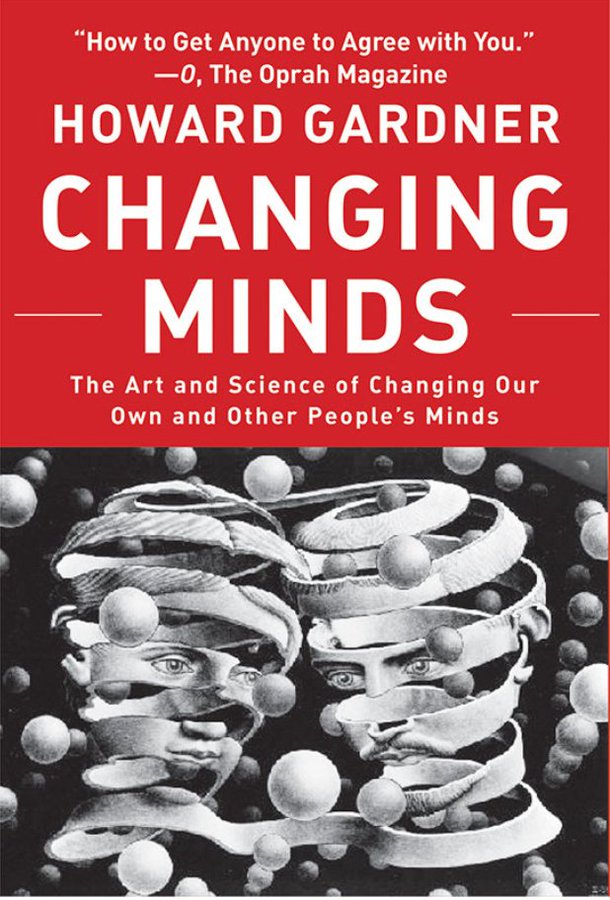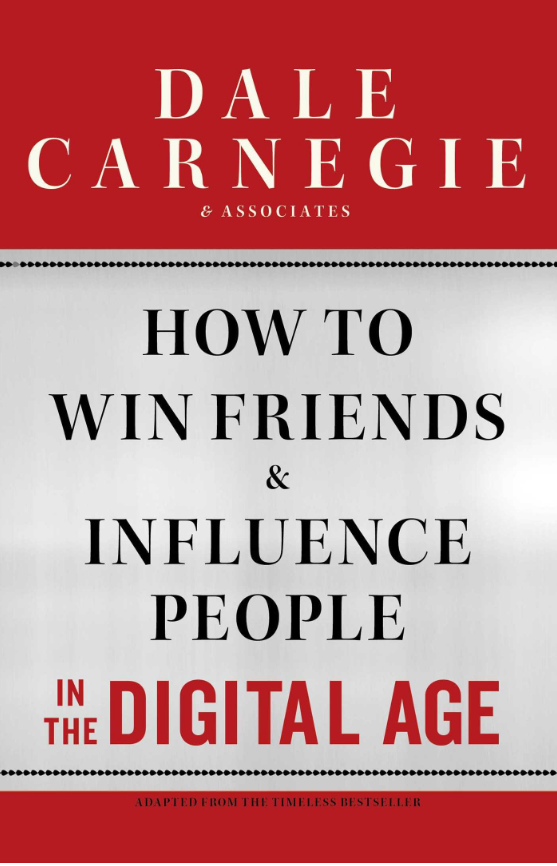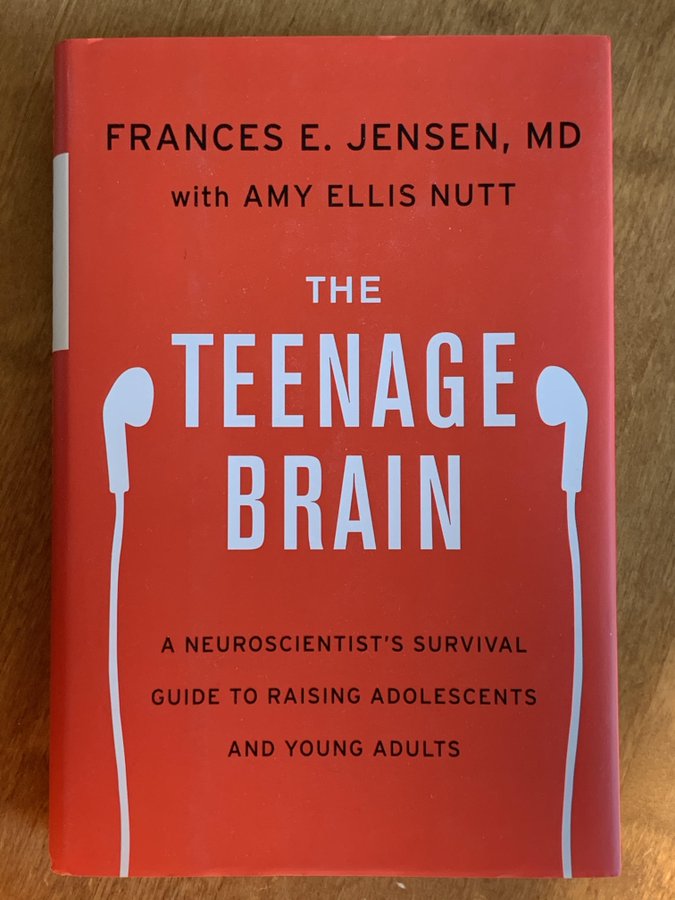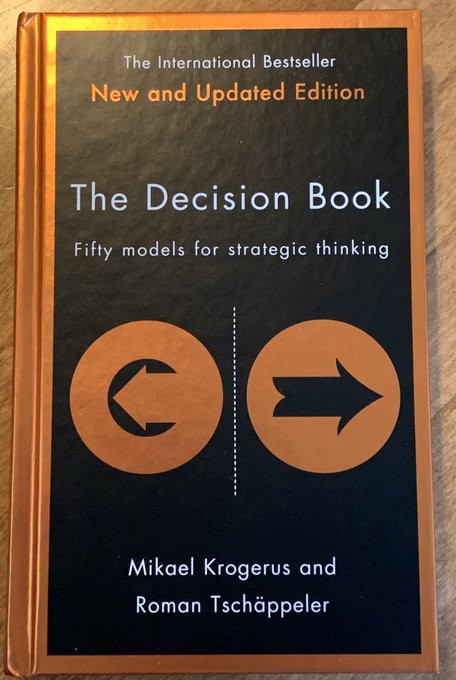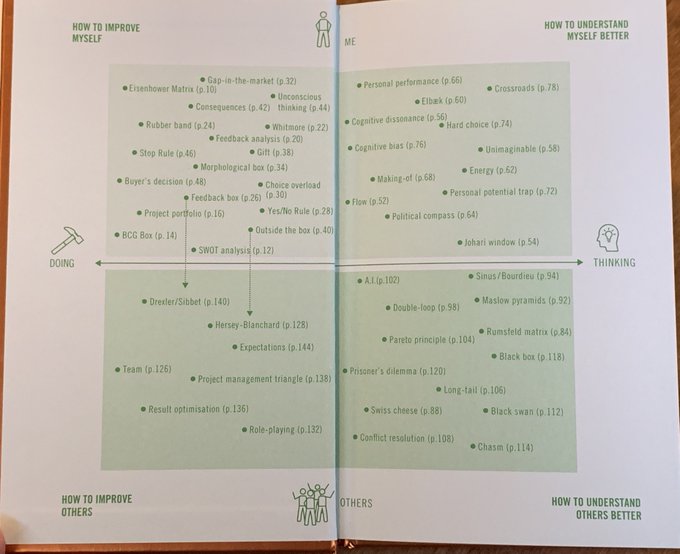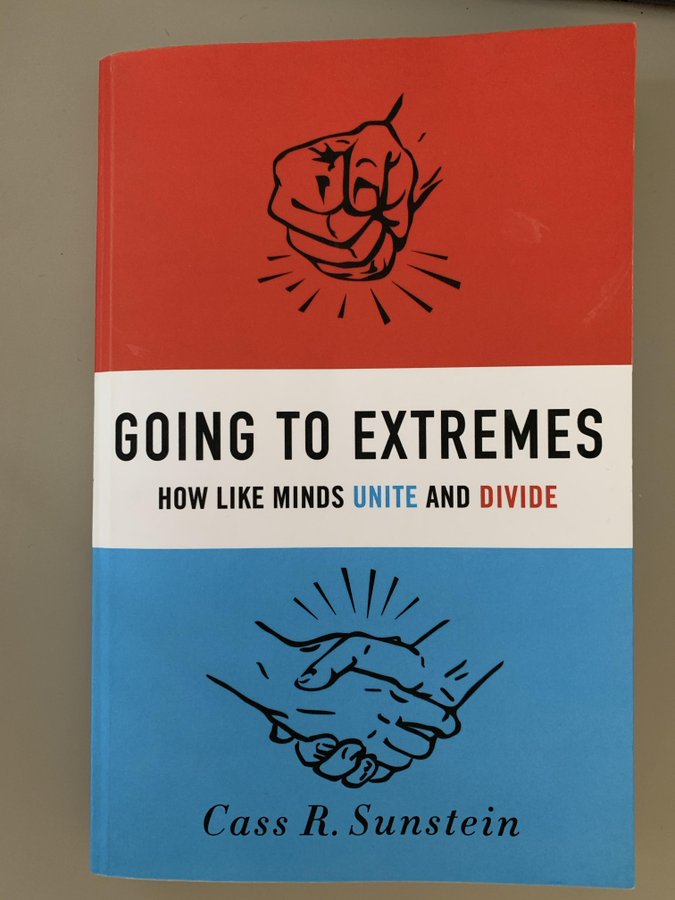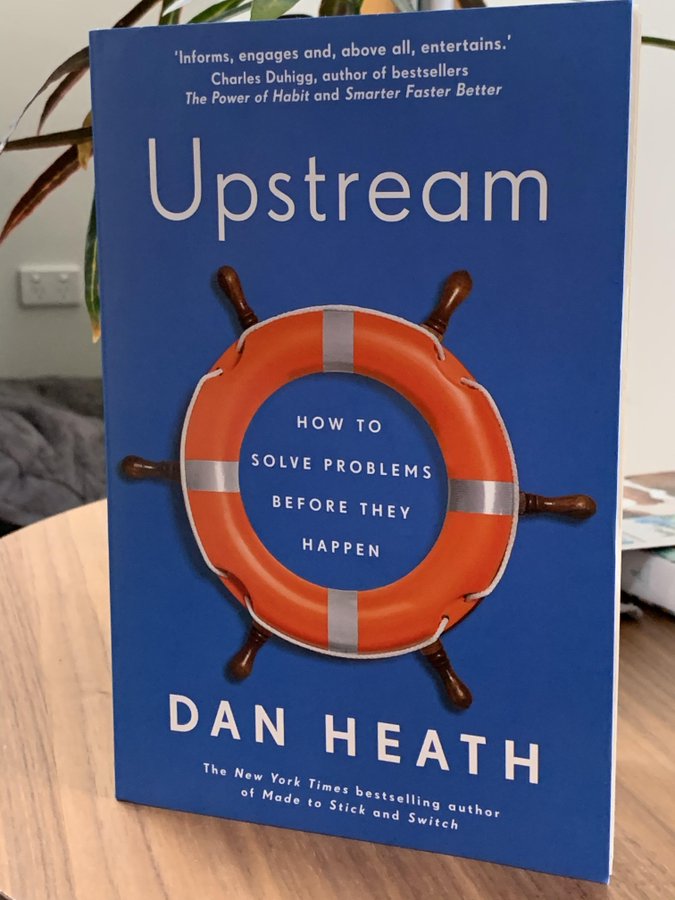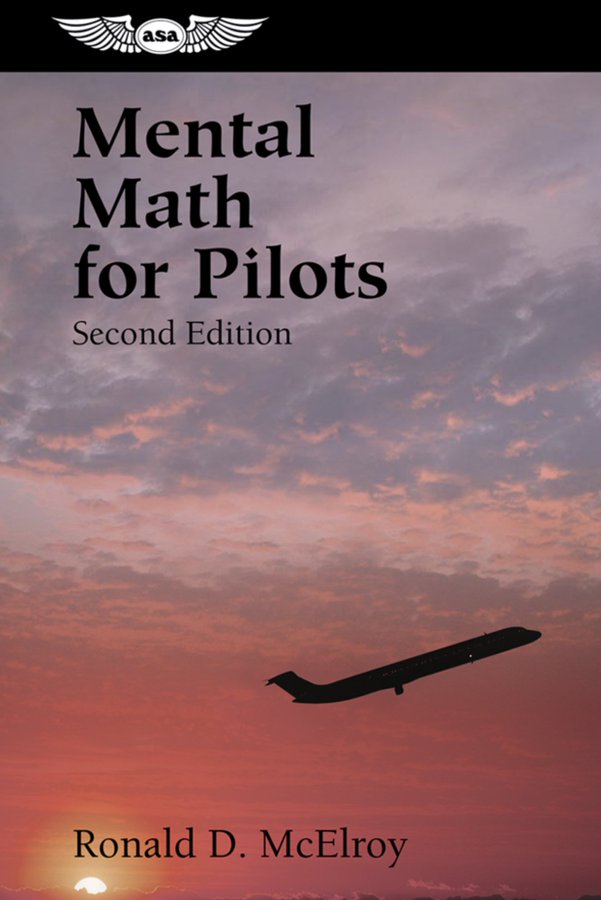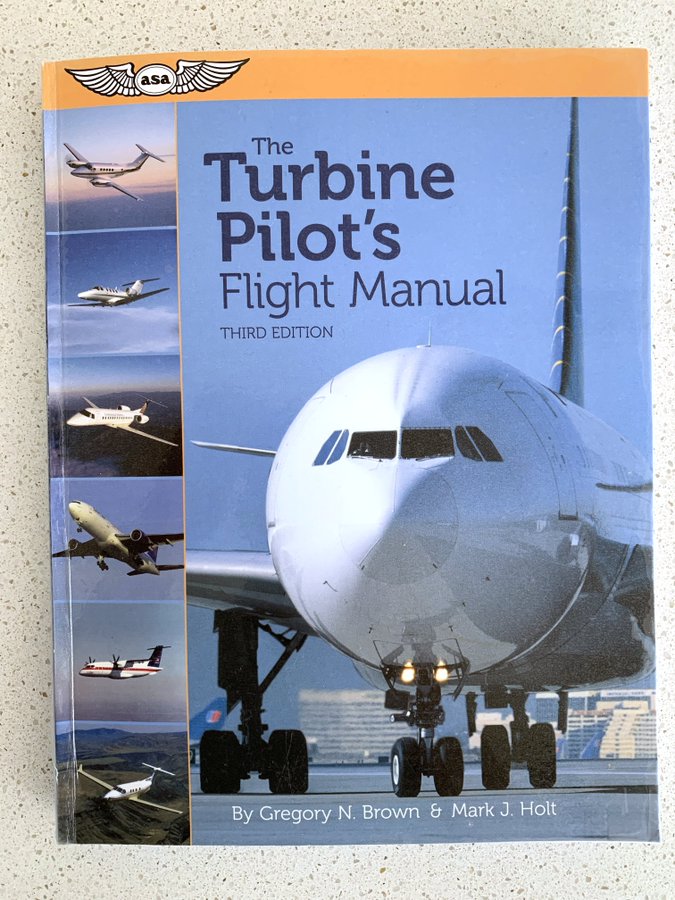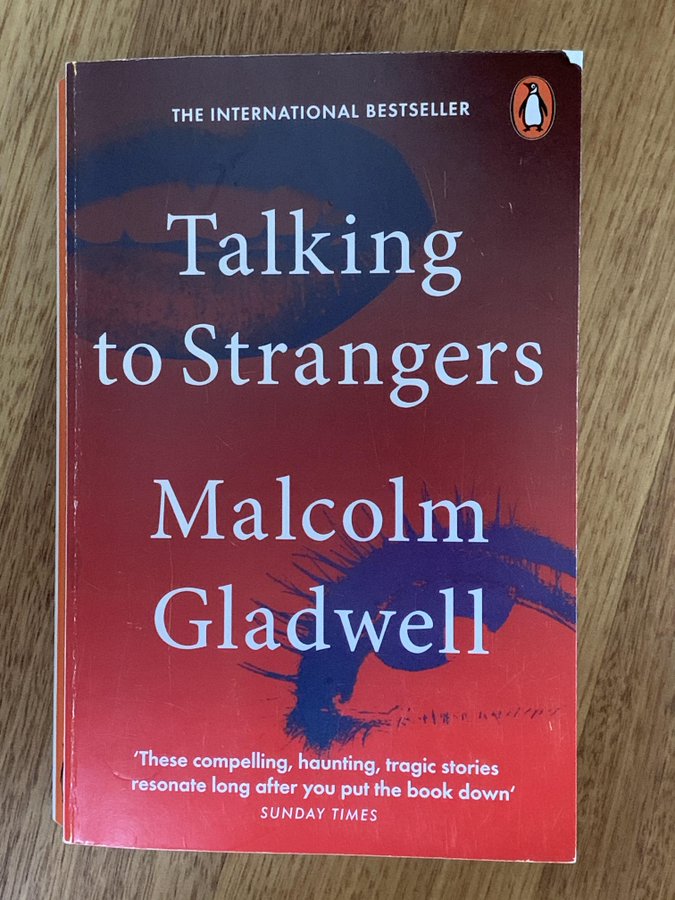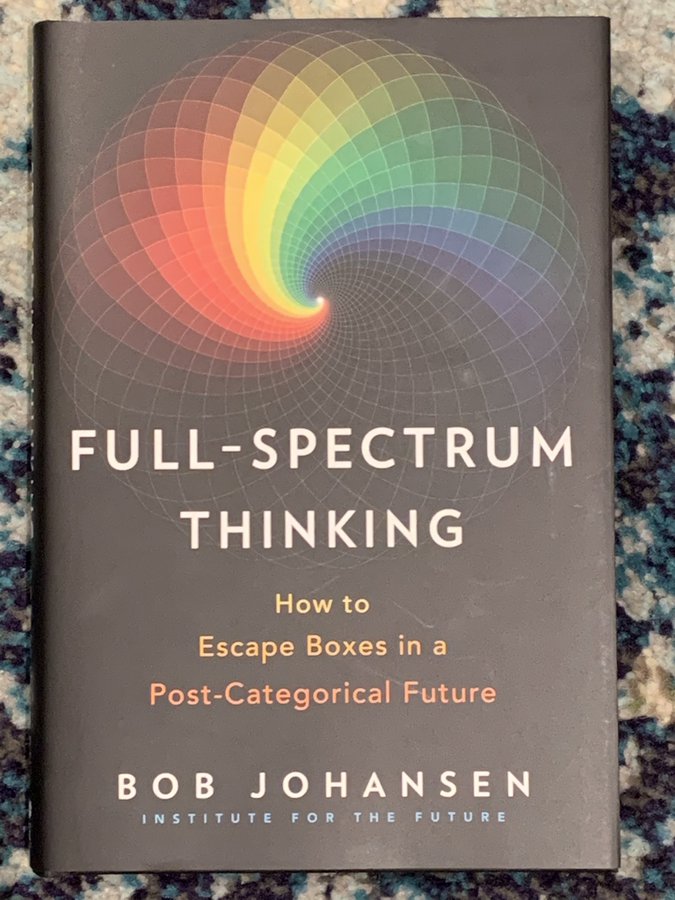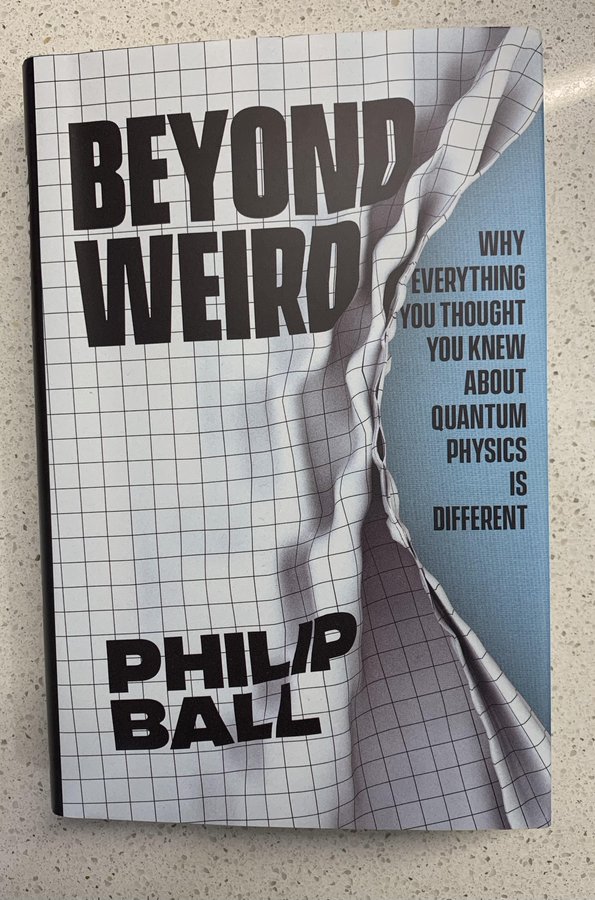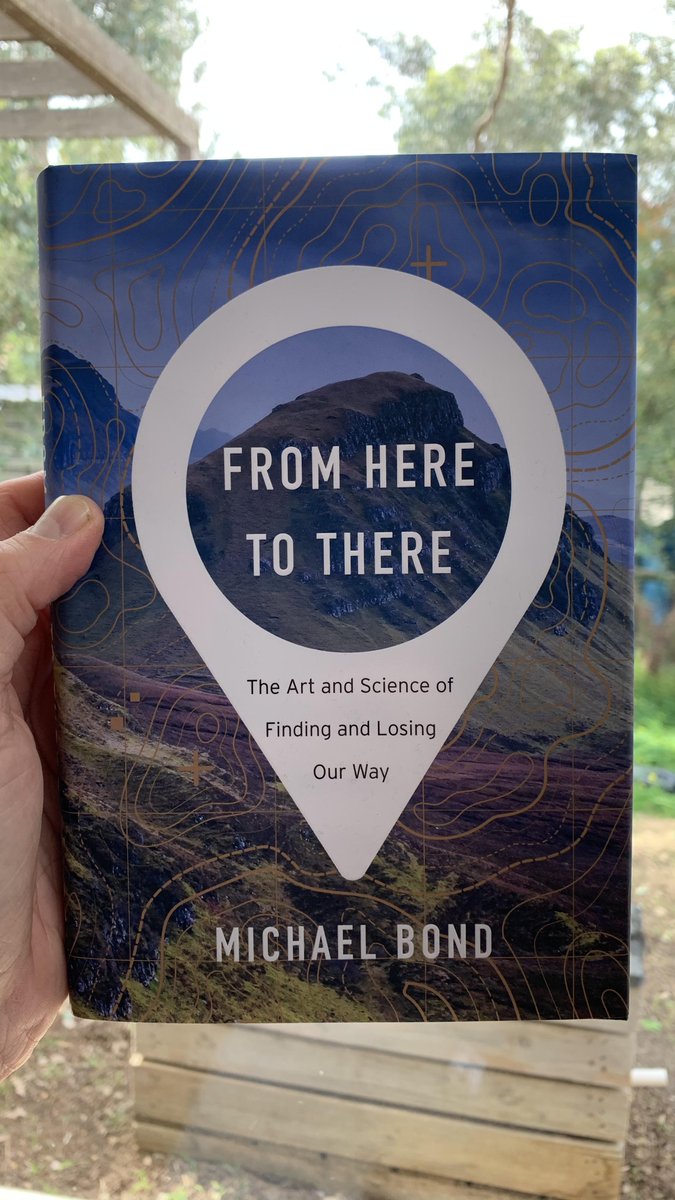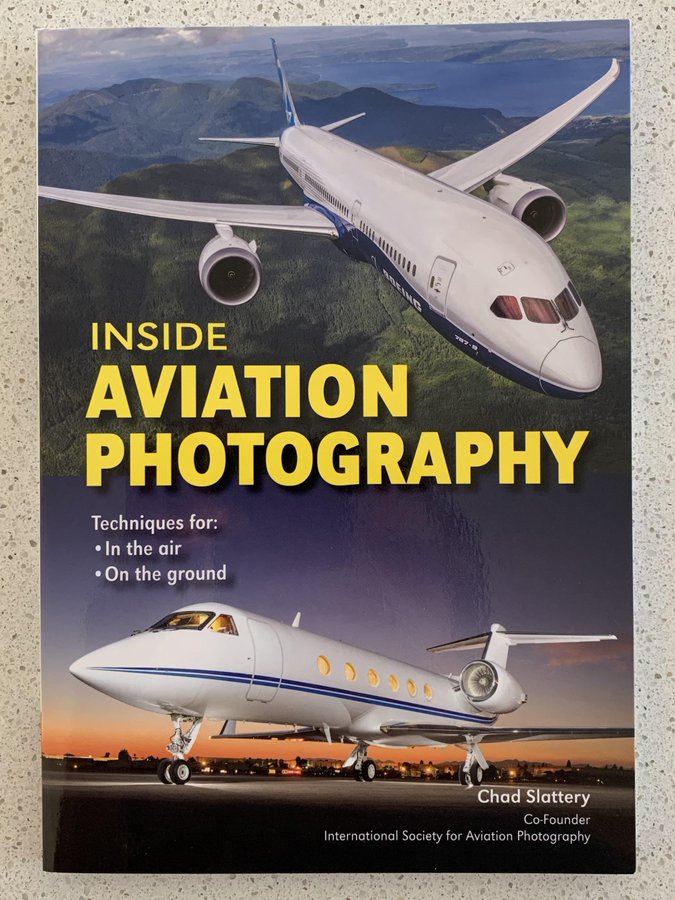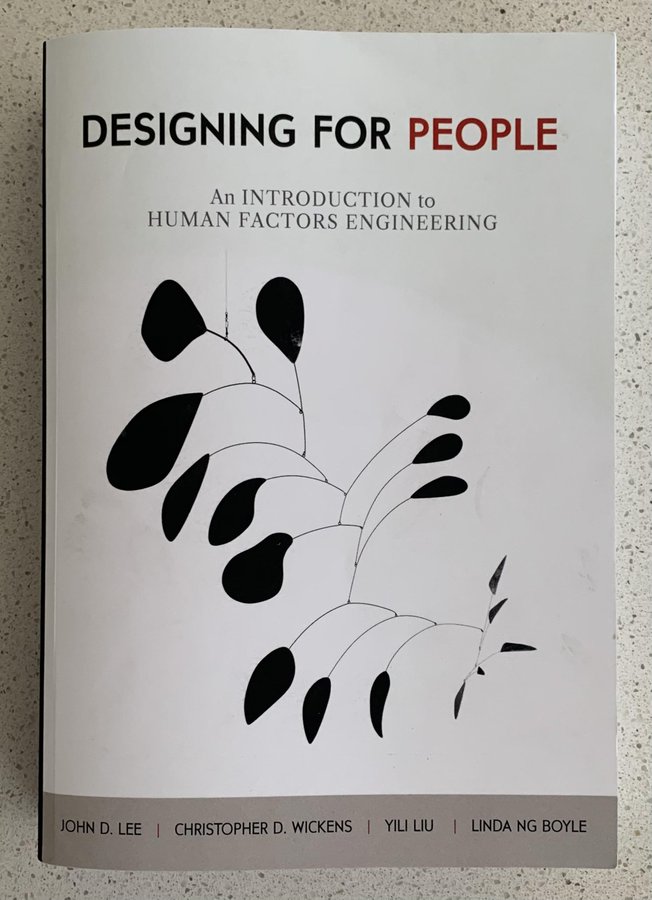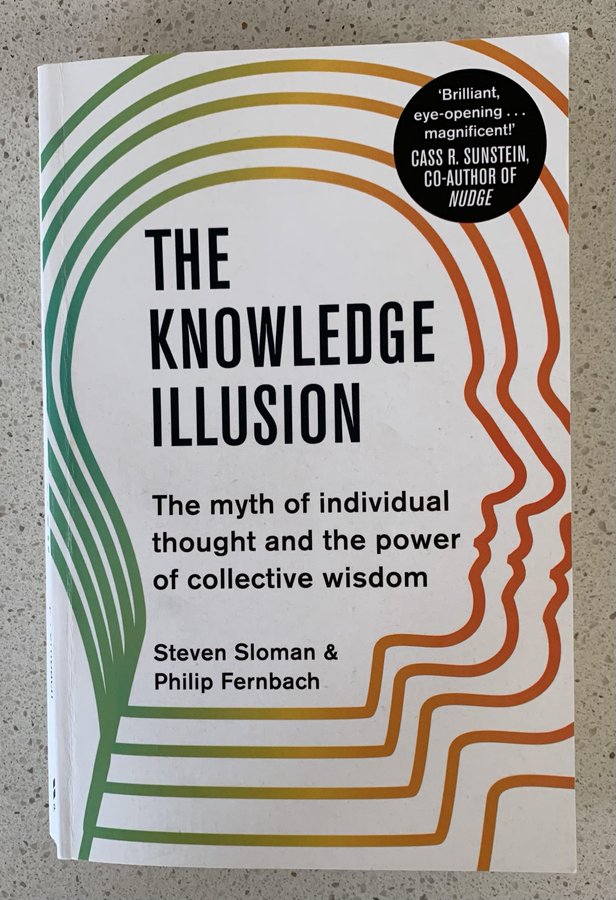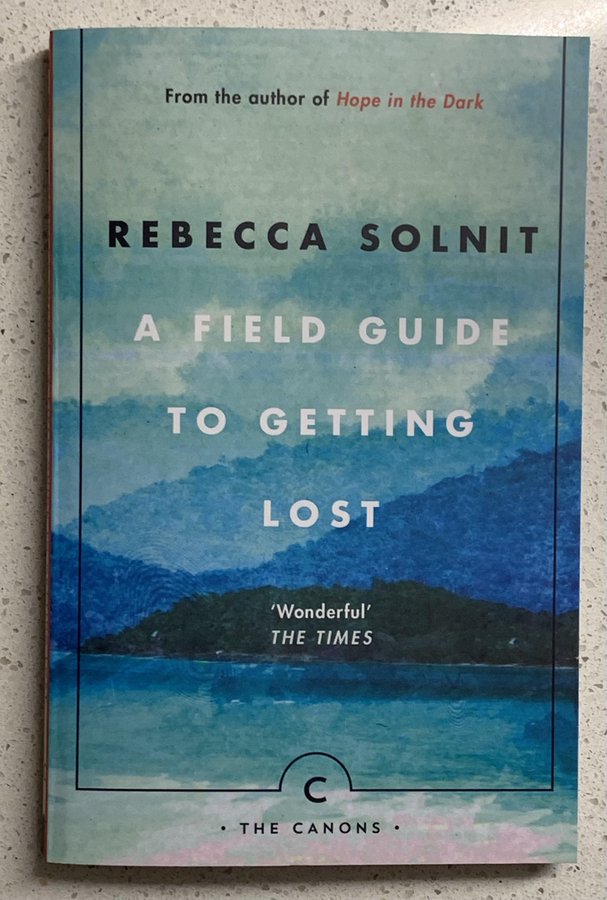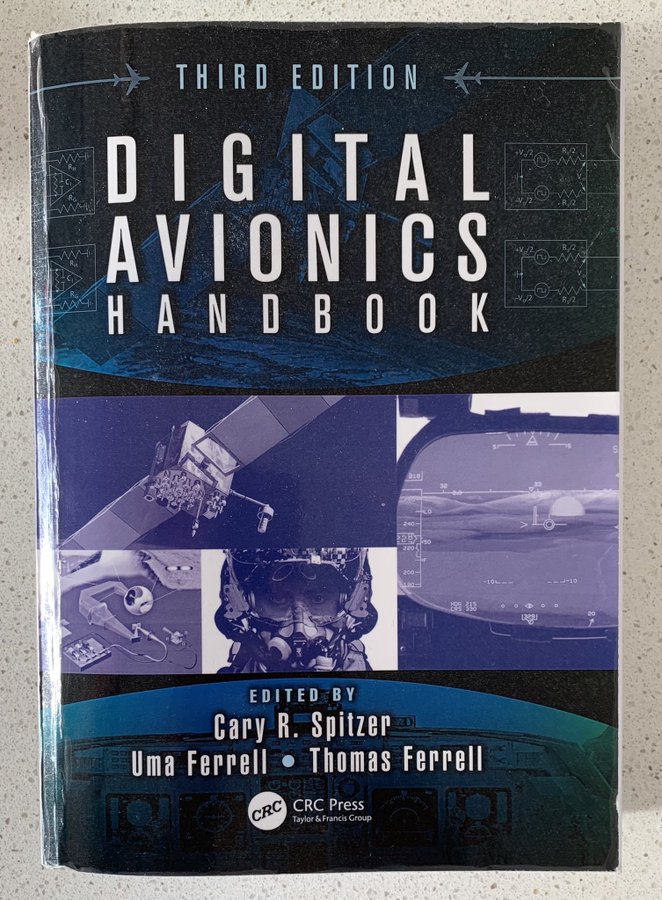Dark Emu by Bruce Pascoe
For most people, this carefully researched book will completely rewrite Australian aboriginal history – hence the history of the whole country. What they had was far more sophisticated than usually acknowledged or earlier taught. https://amazon.com/Dark-Emu-Aboriginal-Australia-agriculture/dp/1911344781/
757/767 Pilot Handbook by Mike Ray
Such a great resource; accurate, funny, very useful. Why am I learning the Boeing 757? Because I want to (duh) but also because I get the feeling the 757 might represent the perfect balance of aviation automation. https://amazon.com/757-767-Pilot-Handbook-Color/dp/1512257729/
The Island of Knowledge by Marcelo Gleiser
An interesting, almost poetic treatise on the limits of science while still managing to be very much pro-science. Gives good historical context, too. Reminds me a little of Noson Yanofski’s “Outer Limits of Reason”. https://amazon.com/Island-Knowledge-Limits-Science-Meaning/dp/0465049648
Foundations of Safety Science by Sidney Dekker
Fascinating, in-depth text of safety science. Particularly enjoyed the treatment of NAT (Normal Accident Theory), HRO (High Reliability Organizations) & the newest approach, RE (Resilience Engineering). https://amazon.com/Foundations-Safety-Science-Sidney-Dekker/dp/1138481785/
Embedded Software Development for Safety-Critical Systems by Chris Hobbs
Focuses on the key standards of the field, but also provides a great overview of the issues, relevant algorithms, and interesting anecdotes (and debunks a fair few misconceptions). https://amazon.com/dp/1498726704/ref=cm_sw_r_cp_awdb_t1_MFkxEb69F3897
Rethinking Strategy by Steve Tighe
This could be called an ode to scenario planning, with a dash of other foresight methodologies. In other words, right down my alley. An excellent tool for companies looking to tap into the renaissance of scenario planning. https://amazon.com/Rethinking-Strategy-anticipate-improve-decision/dp/0730368335/
Link by Lorien Pratt
Was difficult to review; on one hand, the DI concept this uneven book extols is extremely valuable & useful. OTOH, it seriously over-sells it + has some decidedly bonkers views on how things work. Could’ve also used a visual designer. https://amazon.com/Link-Decision-Intelligence-Connects-Outcomes/dp/1787696545/
The Future is Faster Than You Think by Peter H. Diamandis and Steven Kotlier
Takes practically ALL the tech hype at face value, and then combines & amplifies it beyond their already ridiculous starting points. Someone needs to take a cold shower of Amara’s Law. https://amazon.com/Future-Faster-Than-You-Think/dp/1982109661
A Paradise Built in Hell by Rebecca Solnit
Thoroughly debunks what disaster movies & media would have us believe happens to societies in crises. Incredibly important lessons for both what we’re going through now & what we will be facing in the future. https://amazon.com/Paradise-Built-Hell-Extraordinary-Communities/dp/0143118072/
If You Want to Write by Brenda Ueland
This classic from many decades ago still has a lot to say to anyone wanting to be an author – and many other things. Contains cures for hesitation, writers’ block and doubt, to name a few. https://amazon.com/You-Want-Write-Brenda-Ueland/dp/9389157897/
Boeing 757 by Philip Birtles
Not just the raw specs + photos, but also an awesome, detailed story of how the 757 came to be, its design decisions, the testing process, uses, customers, incidents etc. [nb. the 757 is my favourite plane, so I’m biased] https://amazon.com.au/Airlifes-Airliners-v-Boeing-757/dp/1853109185/
Life 3.0 by Max Tegmark
The cheesy title aside, this wide-ranging book on AI, [super]intelligence, history of Future of Life Institute and future of humanity is one of the better-presented treatments of the topic: well-argued, well-written, pragmatic and balanced. https://amazon.com.au/Life-3-0-Being-Artificial-Intelligence-ebook/dp/B07474JB3Q/
Suspicious Minds by Rob Brotherton
An enlightening although somewhat disheartening look into the reasons we believe in conspiracy theories; in short, it’s a design feature (flaw?) of our brains & none of us is immune. Insight only, little guidance here. https://amazon.com.au/Suspicious-Minds-Believe-Conspiracy-Theories/dp/1472915623/
Changing Minds by Howard Gardner
One of the classics in the field. Gives a great overview & background into an endeavour that is both hard and still something that is the primary goal of countless professions. Unfortunately, it’s a bit dated in places. https://amazon.com/Changing-Minds-Science-Peoples-Leadership/dp/1422103293/
How to Win Friends & Influence People in the Digital Age, adapted from the even bigger classic than the previous one, originally by Dale Carnegie. Much of the advice is timeless & simply good manners. A useful read esp. if you missed the original. https://amazon.com/How-Friends-Influence-People-Digital/dp/1451612575/
No Man’s Land by Kevin Sullivan
Much more than a fascinating story about an accident due to failed automation; also about the tragic human consequences of such events, and a warning on our current path of increasing automation in the name of safety. https://amazon.com.au/No-Mans-Land-untold-automation/dp/0733339743/
Commercial Airplane Design Principles by Pasquale Sforza
This equation-heavy text covers commercial aircraft design to a level that I’d call ‘in-depth introductory’. I learned heaps & found it fascinating, but I get at least 99.99% of people wouldn’t. https://amazon.com.au/Commercial-Airplane-Design-Principles-Pasquale/dp/0124199534/
The Teenage Brain by Frances Jensen
I’ll be dealing with some soon, so I figured I need to prepare myself. Lots of good information here and background on why teens can be … difficult. I hope I remember to apply it when needed. https://amazon.com.au/Teenage-Brain-Neuroscientists-Survival-Adolescents/dp/0062067842/
The Decision Book by Mikael Krogerus and Roman Tschäppeler
A slick little guide to decision-making. A model or two or three for all common problems to help you come to a better decision. https://amazon.com.au/Decision-Book-models-strategic-thinking/dp/1781259542/
Going to Extremes by Cass R. Sunstein
A brilliant, scary book on the phenomenon of group polarization, made scarier by the fact that the Internet has made most facets of this worse in the intervening years between now & when this came out ~10yrs ago. https://amazon.com/Going-Extremes-Minds-Unite-Divide/dp/0199754128/
Upstream by Dan Heath
An insightful book on the importance of and challenges in preventative work. Examples are US-heavy but lessons apply globally; the patterns of not doing the right things are all too visible globally. https://amazon.com.au/Upstream-Quest-Problems-Before-Happen/dp/1982134720
Mental Math for Pilots by Ronald D McElroy
Great training of some math that pilots should be able to do in their head. So why do I need to know this? Well because a) it helps in sims, too, and b) it’s part of my “learn everything about aviation” plan. https://amazon.com/Ronald-D-McElroy/dp/1560275103/
Turbine Pilot’s Flight Manual by Gregory Brown & Mark Holt
May also not have what you’d call mass appeal, but it’s among the books I’ve learned most from this year. Excellent overview of all aspects that makes turbine aircraft different. https://amazon.com.au/Turbine-Pilots-Flight-Manual/dp/156027946X/
Talking to Strangers by Malcolm Gladwell
Fascinating and highly educational read on how and why the transparency assumption is wrong, which means we suck at ‘reading’ people (especially strangers) – with tragic, and sometimes deadly, consequences. https://amazon.com.au/Talking-Strangers-Should-about-People/dp/0141988509/
Full-Spectrum Thinking by Bob Johansen
I’m typically not a fan of leadership books, but this has some important points on tomorrow’s world and can show many CEOs just how outdated their thinking is. We need clarity of intent, but flexibility on the “how”. https://amazon.com.au/dp/152308751X/ref=cm_sw_r_cp_api_i_3XlyFbVMTC2PE
Beyond Weird by Philip Ball
A book I picked up to bring myself more up to date with the current understanding of quantum physics. It’s safe to say I didn’t reach full “understanding”, but I did learn a lot and I feel I have a _better_ understanding. https://amazon.com.au/Beyond-Weird-Everything-Thought-Different/dp/022655838X/
From Here to There by Michael Bond
Covering the field of wayfinding, spanning from neuroscience to psychology and culture, it’ll teach you how important our sense of place is, what it is, and how it’s threatened. Science writing at its best. https://amazon.com.au/Here-There-Science-Finding-Losing/dp/0674244575/
Inside Aviation Photography by Chad Slattery
While I don’t do aviation photography, I love photography & aviation – I learned a few things about both, so that’s a win. It turns out taking great photos of aircraft is more complicated than one would think. https://amazon.com.au/Aviation-Photography-Everybody-CHAD-SLATTERY/dp/1682033120/
How To Make The World Add Up by Tim Harford
A guide and an exhortation to use numbers for good (not evil), and on the surprisingly broad range of benefits of being curious. I learned many things, so that alone makes it a highly recommended read
https://amazon.com.au/dp/1408712245/ref=cm_sw_em_r_mt_dp_fdxIFbRAJBAN2
Flying the Boeing 787 by Gib Vogel
A long-form overview & technical description of what goes into one flight on the Dreamliner. Enjoyable quick read – with I’d say low to medium-depth descriptions of various systems. https://amazon.com.au/dp/1847975488/
How to Invent Everything by Ryan North
A fun, light-hearted, mostly accurate book on how to rebuild elements of civilisation. Sadly, the 400-page length limits to talking about stuff at such a shallow level as not to be able to actually do any of that. https://amazon.com.au/dp/0753552566/
Designing for People by Lee et al
Covering design & human elements of seemingly everything from biomechanics to considerations in implementing automation. Broadly up to date & a great resource. It’s hard to imagine a person not learning something from it. https://amazon.com.au/Designing-People-Introduction-Factors-Engineering/dp/1539808009
The Knowledge Illusion by Sloman & Fernbach
The bad news: ignorance is inevitable and none of us, individually, know very much. The good news: collectively we know a great deal. There are profoundly important findings in this book. Highly recommended. https://amazon.com.au/Knowledge-Illusion-individual-thought-collective/dp/150981308X/
A Field Guide to Getting Lost by Rebecca Solnit
Talks about getting lost in a very romanticizing, layered way. Some books back I learned how getting lost is a traumatic experience for people; that interfered with enjoying this, irrespective of metaphors. https://amazon.com.au/Field-Guide-Getting-Lost/dp/1786890518/
Digital Avionics Handbook (3rd ed) by Cary R. Spitzer, Uma Ferrell and Thomas Ferrell
Just the kind of “in-depth introduction” book I love; from the environmental and systems level down to the design tools and communication protocols like TTP, this will continue to be a useful reference. https://amazon.com.au/dp/1138076988/ref=cm_sw_r_cp_api_fabc_Tas3Fb0QFK5CT?_encoding=UTF8&psc=1
